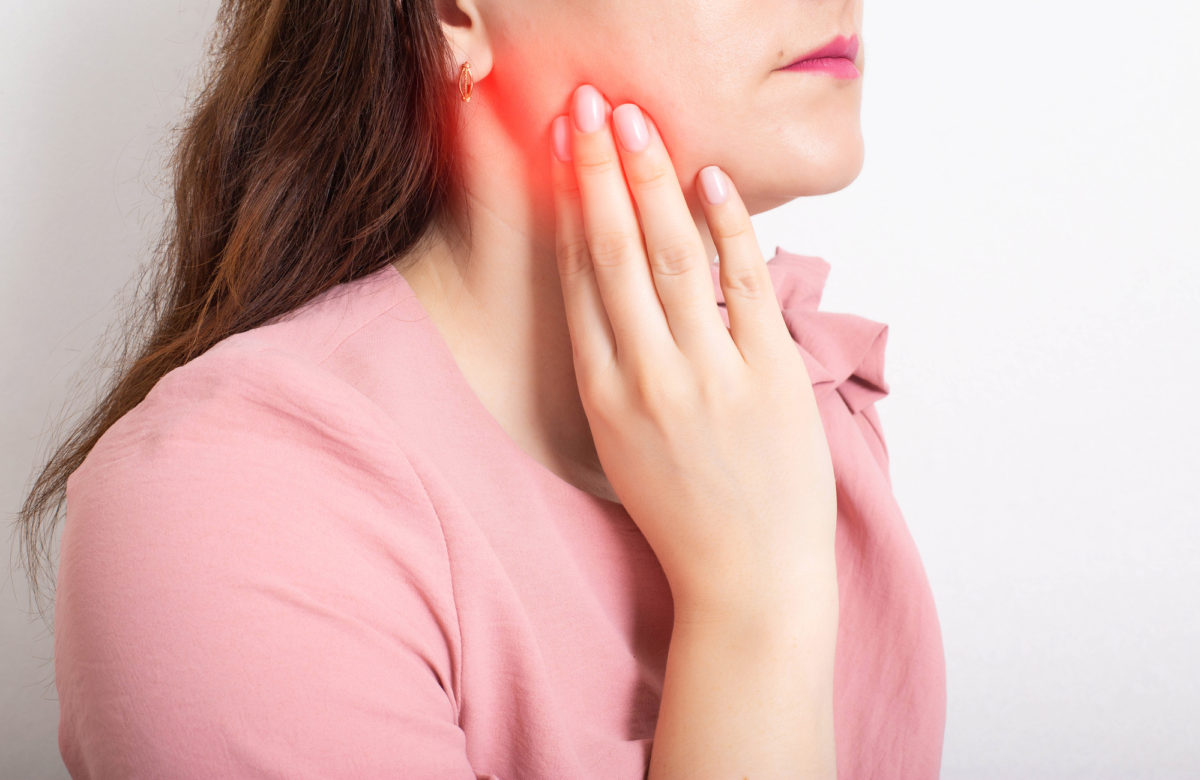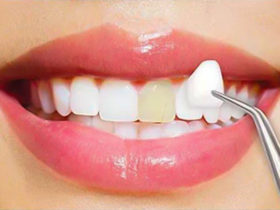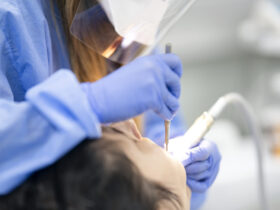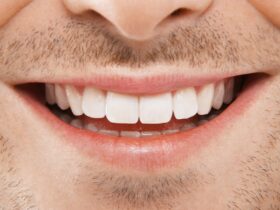In the topics of maintaining good dental health and hygiene, some topics initiate curiosity and debate about going ahead with some procedures. Removal of wisdom teeth is also one such topic increasing discussion about whether it is necessary to remove them or not.
These third molars initially start to emerge in the late teens or early twenties, and it causes discomfort for most people. The reason is that the whole set of teeth has strengthened its place when the permanent teeth have emerged and the third molar coming after such a long time creates problems in alignment.
Because there is not enough space for them to grow they grow in a cross way making it painful for the individuals. Hence, the decision to remove it comes forward but it is not just that many of the times these increase problems of alignment and significantly impact oral health too.
If you are also considering the removal of your wisdom teeth and wish to get a piece of professional advice on it, a dentist in Kings Mountain, NC can help with evaluation and making the decision. Also, read this blog to know about the necessity of keeping or removing the wisdom tooth.
What Is The Purpose And Role Of It?
Rather than the myth that wisdom teeth bring wisdom, the purpose of these third molars is more than that. For proper chewing of hard nuts, roots, and meat these molars help in providing additional helping hands for chewing and giving proper digestion. This was helpful in the previous period when this type of diet was common.
With modern food choices of individuals that usually consist of softer, cooked foods the functional requirement of wisdom teeth is almost not needed. And with the evolution in the tools in dentistry like cutting or grinding, it decreases the need for it too. Also over time, the jaw size has become smaller and there is no space for these teeth to grow properly.
Some of us do not face any problems with the wisdom teeth’s presence or emerging at all, for some, it becomes a painful presence in their mouth creating great discomfort and inconvenience.

When Should You Consider Removing it?
In contrast to what is believed, it is not necessary to remove your wisdom teeth as a requirement for everyone. Because if there is no pain or discomfort there is no need for creating a gap and inviting bacteria to infect the space.
The decision to remove it depends on individual circumstances like small jaw size, the position of the teeth, and in case of future complications prediction. In case you face certain conditions you should avoid getting it removed.
One common reason why dentists also advise removal is impaction where the wisdom teeth fail to fully emerge from the gums and cause infections and pain. And due to them being at the back proper cleaning and maintenance is also hard which makes them prone to decay and gum disease.
If there is overcrowding due to smaller jaw size, wisdom teeth removal is considered to avoid disrupting the whole alignment or damaging teeth around. If the wisdom teeth are partially erupted and causing recurring infections, they also require removal to prevent further problems. Considering these problems the dentist will evaluate by looking at the X-Ray and doing physical examinations to avoid problems.
How Can You Manage It?
There are also cases in which wisdom does not require removal but proper care. If your wisdom teeth have grown straight and are fully erupted it will not harm the alignment and crowd the other teeth, in this case, there is no need to remove the teeth.
If the teeth after emerging are not causing you any pain, swelling, and lesions persistently you can skip removing them by properly taking care of them by cleaning and maintaining them. Get regular checkups with your dentist to monitor the growth and ensure there is no decay and plaque buildup.
Build A Proper Routine!
After your wisdom tooth erupts and is not causing you any major problems and you decide to keep it, build a routine of specifically cleaning them daily. Swish water in a way to reach those areas and use a floss to remove the food particles stuck there. Proper routine cleaning will help prevent decay and plaque buildup to ensure you a better oral health.











